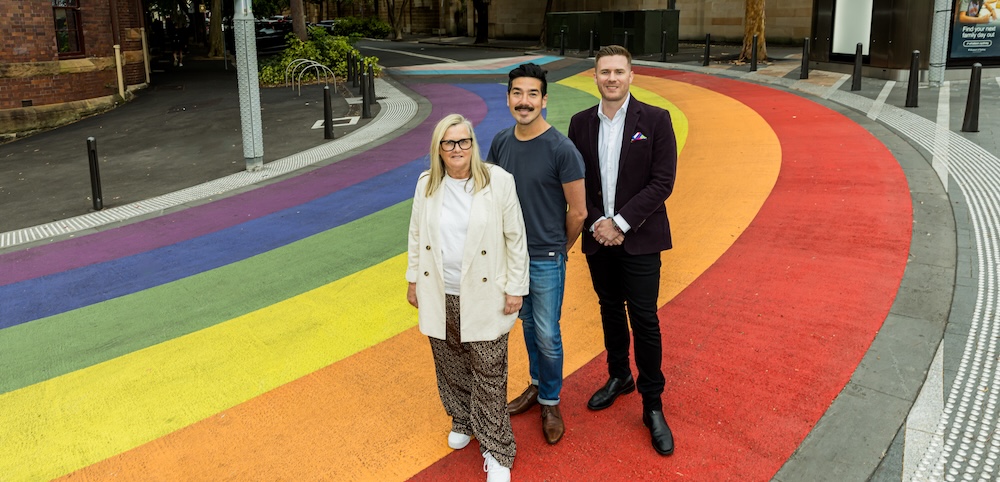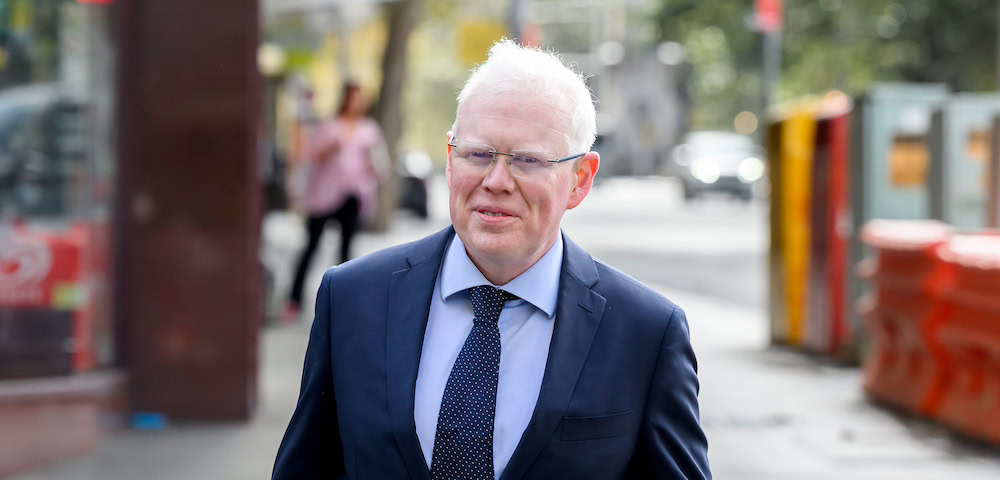
Chlamydia and syphilis on the rise
The number of people under 25 years of age with Chlamydia is growing so fast it has prompted a new sexually transmitted infection (STI) campaign.
NSW Health launched this week a new advertising campaign aimed at lowering the rates of STIs, in particular Chlamydia, among young people aged under 25 years.
NSW Chief Health Officer Dr Kerry Chant said the $1.5 million Get Tested, Play Safe campaign would involve a range of media including TV, print, online, washroom advertising and a dedicated website – www.gettested.com.au.
Dr Chant said the advertising would increase young people’s awareness of STI testing and treatment and, importantly, remind them to always use condoms.
“STIs other than HIV have risen sharply in NSW, with Chlamydia notifications increasing from 3,489 cases in 2000 to 13,994 cases in 2008,” Dr Chant said.
“In part the increase is due to additional testing, however it also indicates increased numbers of infections. The increase in Chlamydia notifications has been seen primarily in young heterosexual people living across NSW.”
STIs affect people’s health, well-being and relationships and place a significant economic burden on individuals, populations and the health system. If left untreated they can lead to serious medical conditions such as infertility.
NSW Health established an expert advisory committee made up of medical experts and young people to help oversee the development and implementation of the Get Tested, Play Safe campaign.
NSW Health also collaborated with ACON to adapt the poster press and web components of the campaign for a broad gay audience.
ACON CEO Stevie Clayton said the rate of STI transmission among gay men was significant, particularly in relation to syphilis.
“STI transmission in the gay community is an important health issue, so it’s essential that gay men understand that the more partners they have, the more STI tests they should get,” Clayton said.
“We’ve worked closely with NSW Health on this campaign to ensure the messaging and imagery encourages sexually active gay men to look after themselves and our community by getting tested regularly.”
Royal Australian College of General Practitioners (RACGP) NSW chair Dr Liz Marles said GPs were central to the detection, care and prevention of STIs.
“Fortunately, in many cases, a test for an STI is a simple urine sample and treatment is a short course of antibiotics, and GPs are well placed to deal with these issues,” Dr Marles said.
Dr Chant said NSW Health, in collaboration with RACGP NSW, had developed specific resources to support GPs with detecting and managing STIs.
“STI’s can have serious consequences if left untreated” Dr Chant said.
“I strongly encourage young people to have regular testing for STIs to avoid unnecessary suffering and inconvenience,” Dr Marles added.
“See your doctor for an STI check every time you change regular partners. You don’t have to talk to everyone about STIs – just talk to your doctor and possibly get tested.”
The Get Tested, Play Safe campaign supports the Government’s Caring Together: The Health Action Plan for NSW.
Under the plan the Government made a commitment to keep people healthy by prevention and early detection of health problems and this campaign is a perfect example of that commitment at work.
The Get Tested, Play Safe campaign will run until the end of October.










Congratulations Gen Y – The majority are nothing but destructive, irresponsible, loud mouthed and selfish… and also dirty (going by this article).